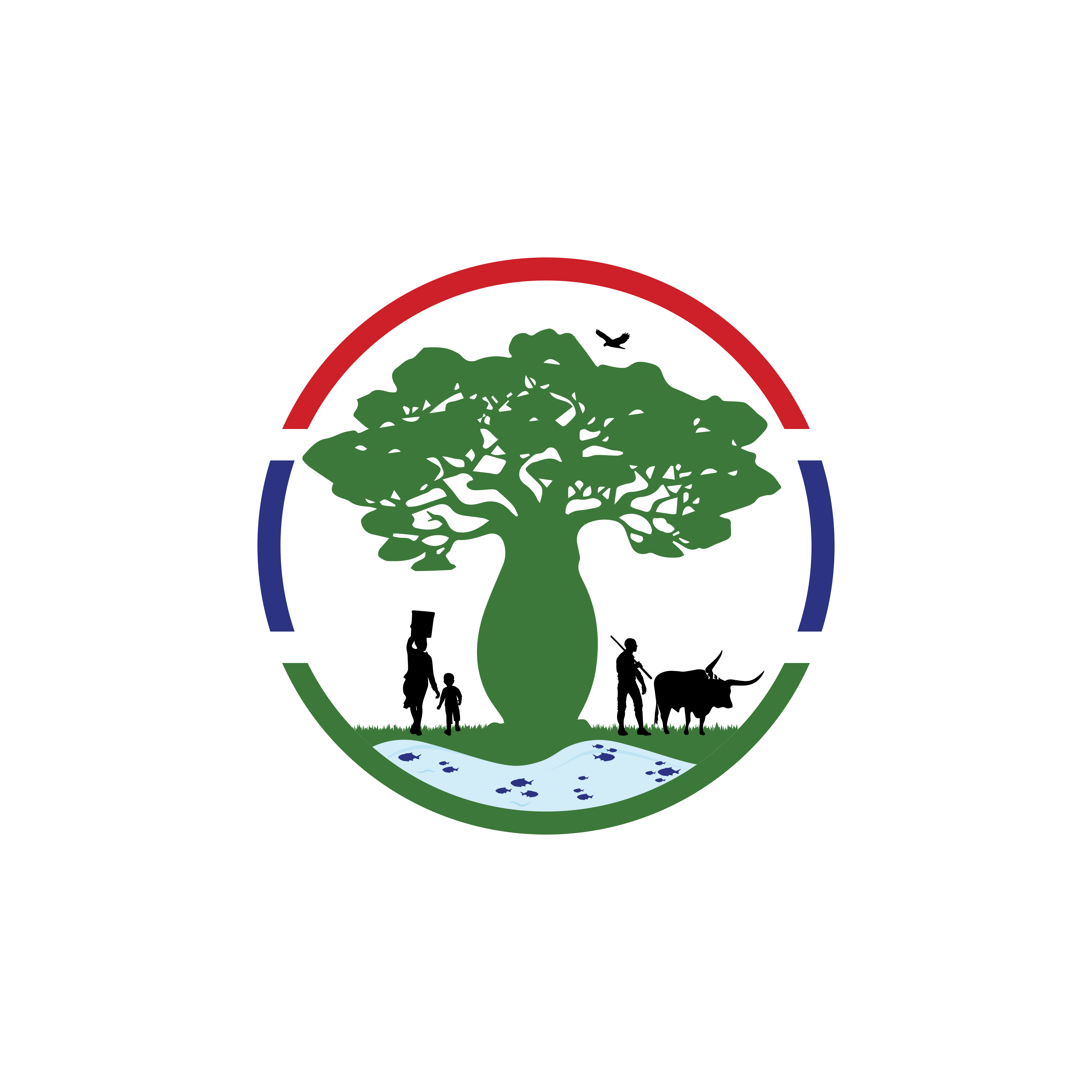Testimonial from the project co-investigator, Tessa Cornell
Tessa is a Co-Investigator on this University of Liverpool project Striving for One Health in Action in The Gambia (view bio).
When did you first hear about the One Health approach?
My interest in the One Health approach began during student research projects at vet school that explored the epidemiology of infectious disease at human-animal-environment interfaces. These activities informed my decision to take an intercalated BSc in Infectious Diseases in 2014. As the only vet enrolled on the course that year, I realised that the links between human and animal health were under-recognised. Medical students asked me why the course was relevant to a vet student, which highlighted the siloed nature of scientific disciplines at that time.
My PhD research examined the burden of a neglected fungal pathogen in community settings in The Gambia. The project embraced a One Health approach – simultaneously considering the socioeconomic burden of animal disease, the prevalence of human and equid Histoplasma exposure and comparison of associated environmental risk factors, and the potential reservoirs of this pathogen in community settings. In rural The Gambia, the human-animal-environment interface is visible, where humans and domestic animals live and work in close proximity.
Before you heard the term One Health, were you aware of the links between human, animal and environmental health?
I grew up in London, UK, and spent school holidays in rural England. In these contrasting settings, I recognised the links between environmental, human and animal health at an early age. These included the human health implications of poor air quality in urban areas, as well as the impacts of intensive farming practices on whole ecosystem health.
How has your interpretation of One Health changed? What influenced those changes?
I have tried to always approach research questions from a One Health perspective – by taking a holistic approach to exploring disease risk at variable human-animal-environment interfaces. Following recent evolutions in the definition and scope of One Health, I now consider human, animal, plant and environmental health at the system level.
Furthermore, the range of disciplines I associate with conversations around One Health has expanded – to encompass not only infectious diseases, ecology and agriculture (to name but a few!), but also economics, politics and social sciences.
What are your priority One Health areas?
Research directions should be directed by baseline situational analyses to understand indigenous knowledge and priority areas. This project explores current One Health interpretation, awareness and prioritisation amongst stakeholders in The Gambia, and engages both the beneficiaries of One Health initiatives at the community level, and representatives of human, animal and environmental health sectors. Any proposed future research proposals would therefore be evidence-driven, context- specific, sustainable, and designed in collaboration with all stakeholders.
I hypothesise that the main challenges to operationalising One Health in The Gambia will be technical barriers to multi-sector coordination and collaboration. One of my priority One Health areas is to facilitate dialogue between stakeholder groups, uncover shared and diverging One Health interpretations, and highlight common pathways for addressing barriers.
What impact do you think this project will have?
This project aims to provide novel and actionable evidence of gaps relating to One Health in action in The Gambia, to strengthen national One Health capacity. Study outcomes will inform future focussed context-specific and community-driven research proposals that embrace a One Health approach. These project activities will align with the Quadripartite One Health Joint Plan of Action (2022-26).
Sustainability is key to all project activities – including the planned rapid dissemination of study outcomes to study participants in the form of a policy briefing document, the development of a One Health data sharing platform, and engagement of students in the development of context-specific One Health materials and the formation of a cross-sectoral student network.
